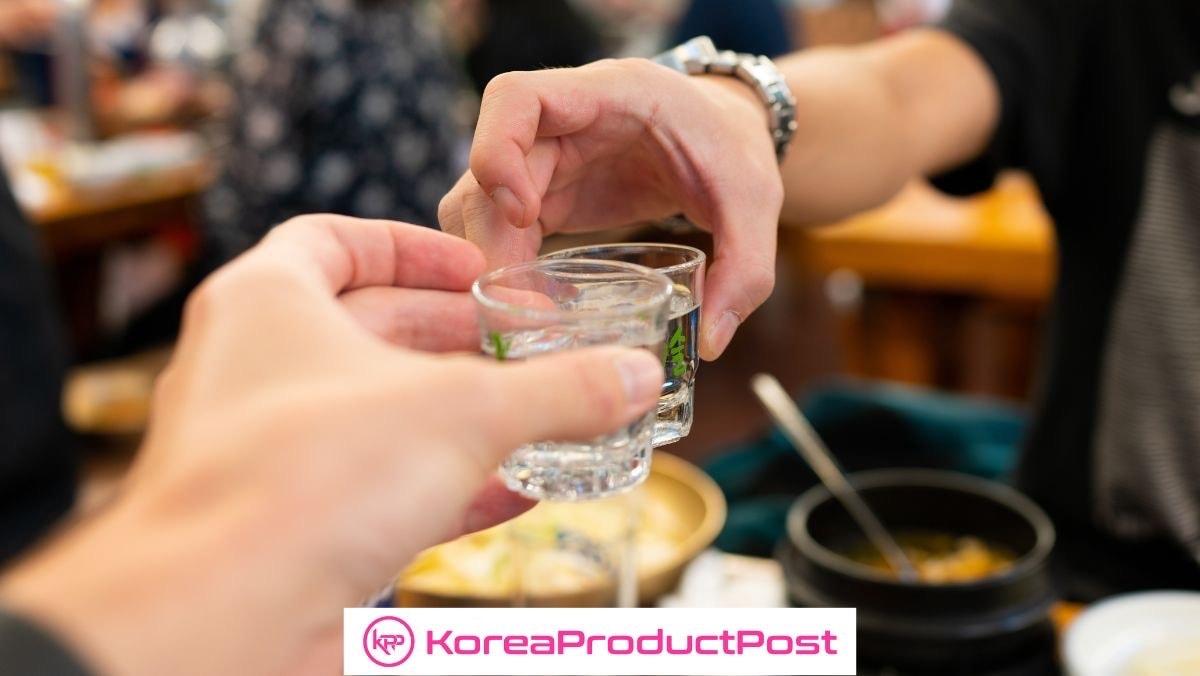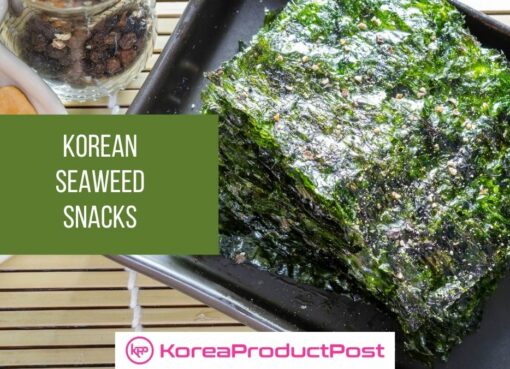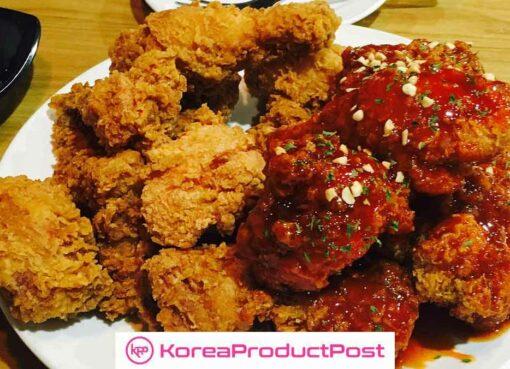Embark on a captivating gustatory journey as you explore the world of traditional Korean alcoholic beverages, each offering a unique and rich flavor profile.
A Guide to Traditional Korean Alcoholic Beverages
Alcohol holds significant importance in Korean culture and is considered a social obligation to partake in. Traditional drinking customs in South Korea revolve around honoring ancestors and showing respect for elders through celebrations and rituals. Let’s explore some of the traditional Korean alcoholic beverages below.
5 Popular Traditional Korean Alcoholic Drinks
1. Soju (소주)
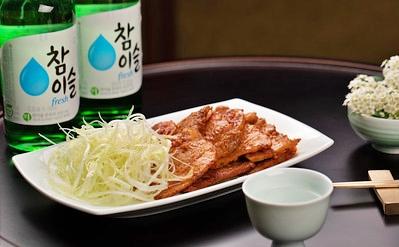
Soju is Korea’s national liquor, readily available in convenience stores, restaurants, and bars nationwide. With various flavors, it offers a crisp and neutral taste and a smoother texture, making it less harsh on the palate. Pair it with Korean fried chicken, tteokbokki, ojingeochae (shredded dried squid), or Korean instant ramen for an enjoyable experience.
Read also: Hitejinro – Local Soju Brand Taking Over the World
2. Bokbunja ju (복분자주)
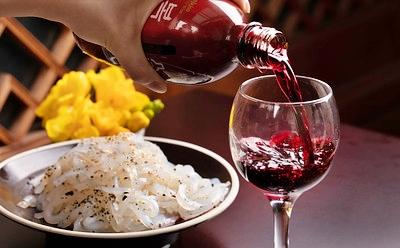
Made from Korean black raspberry, Bohae Bokbunja is a delicious wine with a clear and medium ruby/deep purple appearance. Bursting with rich and fruity flavors of blackcurrant and blueberry, it offers a medium-low body with perfectly balanced tannins and sweetness. This unique wine is a fantastic alternative to classic white or red wine, making it a perfect match for mung bean jelly salad (muk munchim), seafood, or red meat.
3. Makgeolli (막걸리)
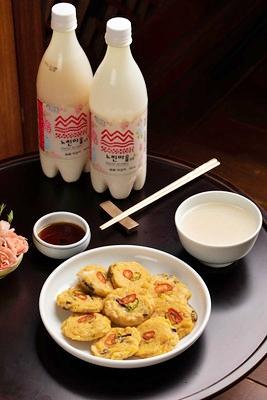
Makgeolli, the oldest traditional Korean alcohol, boasts a milky white appearance and seductive charm. Its flavor is sweet, smooth, and delicately tangy, accentuated by a refreshing fizz. Pair it with savory pancakes like pajeon or bindaetteok for a match made in heaven.
Read also: Best 5 Korean Yogurt Drinks to Try Right Now
4. Cheongju (청주)
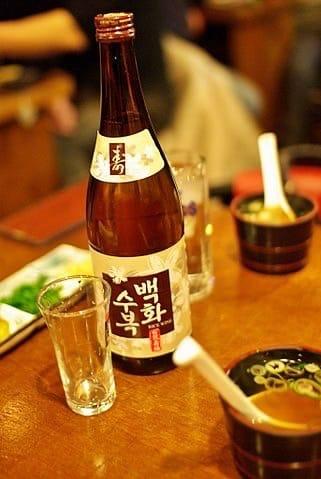
Cheongju (Chungju) is a traditional Korean clear liquor. It undergoes a meticulous fermentation process, which gives it a pure and mild flavor. Its subtle sweetness and delicate floral or fruity aromas make it the ideal companion to plain-tasting foods such as tteok or rice cakes.
Read also: Ggeek Beer Co. – Making The Best Craft Beer in Korea
5. Baekseju (백세주)
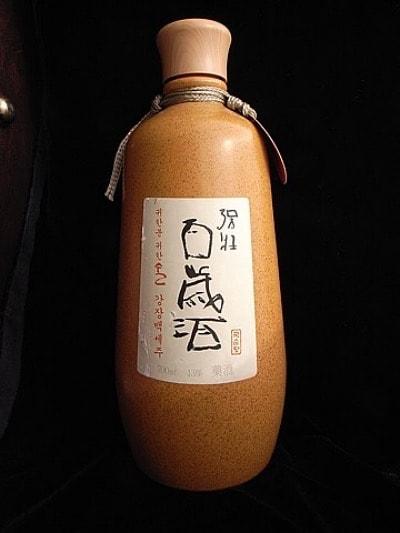
Baekseju is a traditional Korean alcohol with a rich history dating back to the seventeenth century. This traditional Korean wine is the best choice for celebrations and nights out. While it may be more expensive than other alcohols, a bottle can last long when mixed with soju. Additionally, its nutty flavor harmonizes perfectly with meat-based dishes, enhancing the overall dining experience.
If you’re looking to promote your products and connect with international buyers, please don’t hesitate to contact us.
Our editors independently select all products featured on KoreaProductPost. However, we may earn an affiliate commission when you buy something through our retail links. And as Amazon Associate we earn from qualifying purchases.
Join us on an exciting journey to explore the vibrant world of Korean lifestyle – from the latest beauty tips to the hottest tech and so much more on Facebook, Twitter, LinkedIn, and Flipboard.



